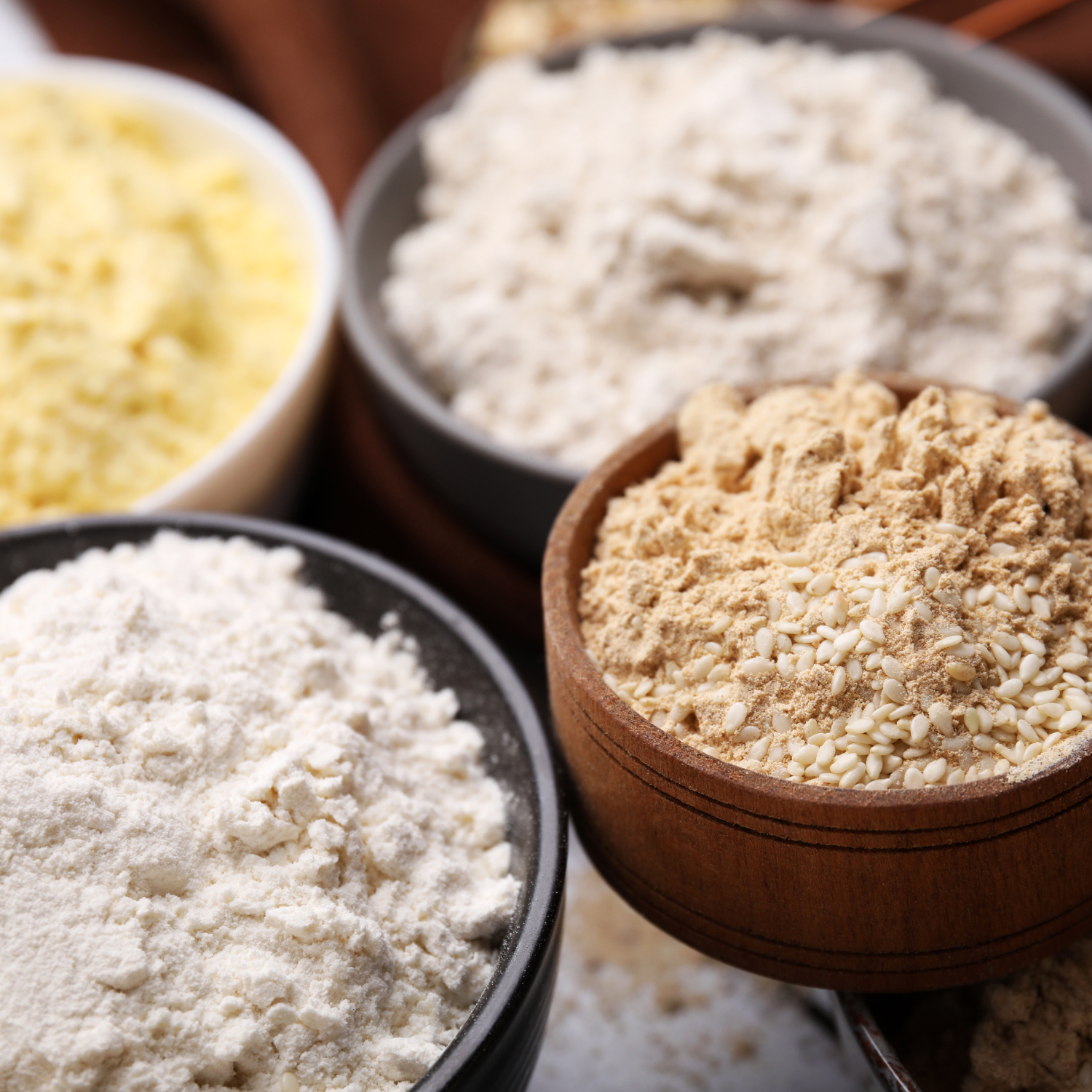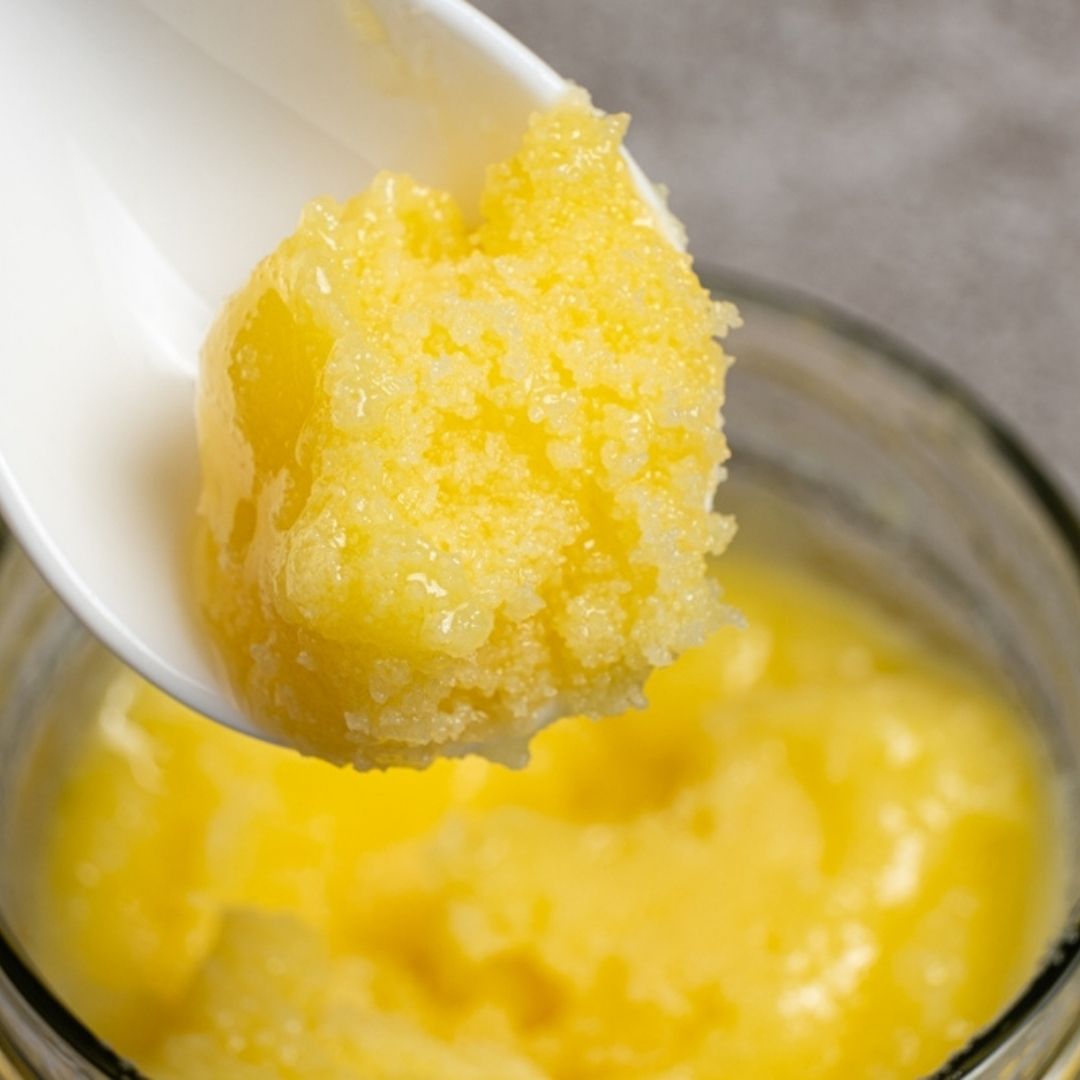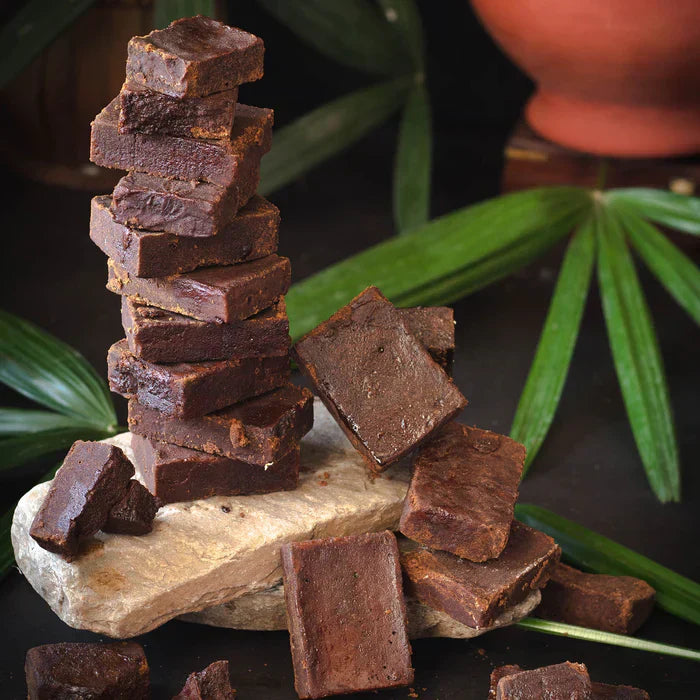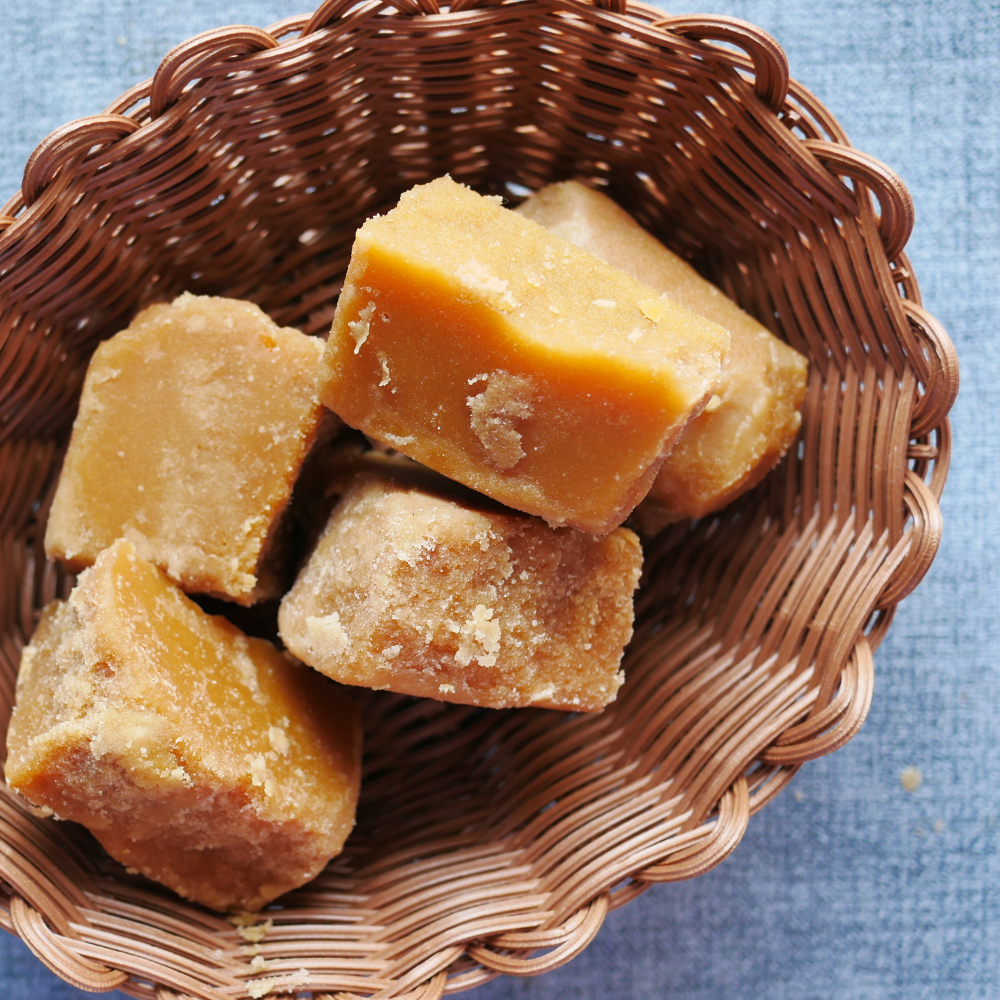Your food is as healthy as the oil you use to cook it!!
Coconut oil once reigned supreme among oils, until olive oil outshined it with the help of a marketing campaign telling everyone that saturated fats are bad. Now, there’s a new contender in the market– palm oil. Before we knew it, readily available and cheap palm oil had replaced every other oil in our homes and in packaged foods.
Which oil would you consider using in cooking: Coconut, palm or olive oil? Its not easy right?
So, we did some research to find who would win the battle between palm oil vs coconut oil vs olive oil and be the ultimate cooking oil champion among these three tropical oils.
You would learn about 8 factors of palm, olive and coconut oil to arrive at a decision on which one of the palm, olive and coconut oil is the most suitable oil for cooking.
This is going to be an interesting read, to begin with!

|
Table of Contents
|
Origin: Palm Oil Vs Coconut Oil Vs Olive Oil
When it comes to choosing the right oil, don't overlook geography—it plays a vital role! So, let's explore the origins of three popular oils: coconut, olive, and palm.
- Coconut oil, the tropical superstar! It hails from the southern parts of India, Sri Lanka, and other southern hemisphere countries. For centuries, it has been a staple in Indian meals, deeply ingrained in their culture. It's like a flavour-packed gift from the tropics!
- Olive oil, the Mediterranean maestro! It originates from countries like Italy, Spain, Lebanon, Morocco, and more. These places have been using it as a low-heat cooking and dressing oil. It's the secret ingredient behind those delicious Mediterranean dishes!
- Palm oil, the African gem! Palm oil is made from the fruits of palm trees that thrive in hot and dry climates of African countries. Although it's relatively new to other parts of the world, its popularity is on the rise.
Here's something interesting: while coconut oil proudly comes from the regions where it's consumed, olive and palm oil often embark on long journeys to reach our shelves. Both ancient Ayurveda scriptures and modern science agree that locally grown and seasonal foods are best for our health. They are naturally compatible with our dietary requirements.
For instance, while olive oil is good for Mediterranean countries and palm oil for African continents; coconut oil has everything that Indian and non-middle east countries need.
Smoke point Comparison: Palm Oil Vs Coconut Oil Vs Olive Oil
The smoke point is the temperature beyond which if any oil is heated, it becomes unstable and forms harmful compounds.
|
Smoke Point Comparison |
||
|
Palm Oil |
Coconut Oil |
Olive Oil |
|
235 degree Celsius |
170 to 180 degree Celsius |
190 degree Celsius |
If we compare the smoke point between the three oils, clearly palm oil wins this challenge fair and square!
Luckily, the average cooking temperature on a stove rarely passes 180 degrees Celsius. The majority of the Indian dishes including making pooris can be done within this range. So, all three oils can be used for cooking without exceeding the temperature.
Fatty Acid Comparison: Palm Oil Vs Coconut Oil Vs Olive Oil
All three tropical oils: Olive oil, palm oil and coconut are rich in nutrients. Here, we are comparing their fatty acid components.
- Cold-pressed coconut oil has healthy saturated fats as its major content, which makes it the most suitable edible oil. These saturated fats don’t deposit in the arteries or increase cholesterol; instead, they lower cholesterol levels in the blood.
- Their similar structure to animal fats makes them easily digestible and absorbed in the small intestine, and that’s why they are used as an energy bomb in keto diets.
- Palm oil also has similar fatty acids, but phytosterol is known to increase cholesterol through a series of enzymatic reactions. So, it’s not an ideal oil to cook with for heart disease, fatty liver or diabetic patients.
- Olive oil also has loads of nutrients and polyphenols, including linoleic and oleic acids, and a good amount of omega-3 fatty acids, which are not found in many oils. The composition of the fatty acids in olive oil entirely depends on the variety of olives and the process of extraction.
|
Quantity of Fatty Acids |
||
|
Palm Oil |
Coconut Oil |
Olive Oil |
|
Phytosterols, lauric and myristic acids, palmitic acid |
Caprylic acid, capric acid, lauric acid, myristic acid, palmitic acid, stearic acid, oleic acid, and linoleic acid |
Oleic acid, linoleic acid, palmitic acid, Arachidic acid, Behenic acid, Lignoceric acid, and α-linolenic acid |
Health Benefits: Palm Oil Vs Coconut Oil Vs Olive Oil
- Cold-pressed palm oil is good for your health. It has a good amount of antioxidants and has been used to fight the deficiency of vit A in African countries. Due to the presence of phytosterols, they might cause an increase in cholesterol levels. So, it is good to limit the intake of palm oil for a longer period.
- Cold-pressed olive oil and coconut oil are very healthy for the heart. They have antioxidants that have anti-ageing properties as well. They have antimicrobial and antibacterial properties. They do not increase bad cholesterol and balance the fat composition in the body. They are diet friendly too.
More about the health benefits of olive oil and coconut oil is shared in these two other linked articles.
Availability: Palm Oil Vs Coconut Oil Vs Olive Oil
Have you ever noticed the oil mentioned on the packets of chips, snacks, biscuits, and cookies? It’s palm oil!
- Palm Kernel oil has replaced the traditionally used oils in FMCGs because it's the cheapest and most profitable for these companies. The palm oil available on the market is rarely cold-pressed or made from palm fruit. The commonly available palm kernel oil was traditionally used to light lamps and fires in Africa, not in cooking. It was introduced in cooking just a few decades ago!
- Olive oil and coconut oil are also commonly available in India. However, it is difficult to find pure olive oil among so many: virgin, extra virgin and pomace olive oils. Olive oil is highly sold at lower prices as a blended oil (mix of olive and palm oil).
Uses Comparison: Palm Oil Vs Coconut Oil Vs Olive Oil
- Cold-pressed Coconut and olive oil have a trunk full of uses aside from cooking. They are used in making hair oils and hair masks. They work well as skin moisturizers and body massage oil.
- Coconut oil also treats wounds and has antibacterial properties. Ayurveda also recommends using coconut oil for oil pulling to maintain health.
- Palm oil made from the red palm mesocarp has beta carotene and vitamin A which are good for hair and skin health. There is not much-validated information about its usage other than in industries.
Cooking: Palm Oil Vs Coconut Oil Vs Olive Oil
When it comes to cooking oils, different oils have their unique properties. Let's take a closer look at the characteristics and ideal cooking methods for palm oil, olive oil, and coconut oil.
- Palm oil:
- Has a high smoke point, making it popular for deep frying.
- Cold-pressed palm oil works well for high-heat dishes.
- Pure olive oil has a bitter taste and distinct greenish colour. Its nutrients can’t sustain at high heat, nor its distinct flavour goes well with Indian dishes.
- Its distinct flavour is for Italian and European cuisines. It's best to use it as salad dressings and avoid high heat.
- In Indian cooking, where spices and gravies take longer to cook, cold-pressed olive oil may lose nutrients and affect the taste.
- Not suitable for tempering spices as it is volatile and can't withstand a sudden rise in temperature.
- Refined olive oil sold everywhere has no flavour and much fewer nutrients than cold-pressed olive.
- High amounts of good saturated fats make it the most stable oil for cooking.
- Adds a sweet taste and aroma, popular in tropical destinations like India.
- Perfect for cooking grains, vegetables, and proteins.
- Have you tried adding cold-pressed coconut oil to coffee? It's a trendy twist worth exploring!
Price Comparison: Palm Oil Vs Coconut Oil Vs Olive Oil
At last, let's talk about the cost. The cost of oil is one of the most important factors that often overshadow the other aspects – side effects, nutrition value, purity, and more. The price per litre of refined and cold-pressed – coconut, palm, and olive has been compared below.
|
Price Comparison Between Refined and Cold-pressed Oil |
|||||
|
Name of the Oil |
Refined Oil Price per litre |
Cold-pressed Oil Price per litre |
|||
|
Coconut Oil |
250/litre |
600/litre |
|||
|
Olive Oil |
380/litre |
999/litre |
|||
|
Palm Oil |
100/litre |
------ |
|||
As you can see, there’s a huge price difference. While palm oil is the cheapest and coconut oil stands midway; olive oil has hit the budget bucket hard!
There is no surprise that a large number of the population is slowly shifting towards palm oil, as it is the cheapest alternative.
Cold-pressed coconut oil has multiple manufacturers, as it is locally produced and made. You can find pure cold-pressed coconut oil cheaper than 600 per litre at your nearest coconut oil manufacturer unit. While same can’t be said about pure cold-pressed olive oil.
Moreover, the Food and Safety Authority of India has stated that its best to stay away from cheaper oils, as they pose a higher chance of adulteration and health damage, in a survey report addressing the adulteration in edible oils.
So, Pick your oil wisely!
FAQs: Palm Oil Vs Coconut Oil Vs Olive Oil
Which is healthier coconut oil or palm oil?
Both oils have their pros and cons. Cold-pressed palm oil wins the battle mostly for its smoke point, while cold-pressed coconut oil has a treasure trove of nutrients and is a more stable oil. Both are used for cooking and have many benefits. Calories in coconut oil is around 120 per tablespoon which is the same as calories in palm oil.
Is palm oil better than olive oil?
It is difficult to say which is better unless you are using cold-pressed palm or olive oil. Refined palm and olive oils will not benefit your health. Cooking-friendly palm oil and cold-pressed olive oil are not easily available in India. They are imported, and several food and safety agencies have warned governments about the adulteration of these two oil.
What is the healthiest oil to use?
A healthy oil should be stable, have an optimal amount of fatty acids, high smoke point and be easily digestible. Also, one must switch between oils and incorporate more than one oil in cooking. A few healthy oils are cold-pressed coconut oil, groundnut/peanut oil, mustard oil, sesame oil, safflower oil, olive oil, ghee and butter.
what are palm oil benefits over olive oil?
What is the difference between Palm oil and coconut oil?
What are the Benefits of Olive Oil in Food?
Olive oil is a heart-healthy option for cooking. It's rich in monounsaturated fats and can help reduce the risk of heart disease when used in place of saturated fats.
How can olive oil be applied beyond cooking in daily life?
The application of olive oil extends beyond cooking. It can be used as a salad dressing, a dip for bread, and as a natural moisturizer for the skin and hair, thanks to its moisturizing and antioxidant properties.
What are coconut virgin oil benefits?
Virgin coconut oil may support heart health, weight management, skin, and hair care, offer antioxidant and antimicrobial properties, and potentially benefit brain and digestive health.
Conclusion
In conclusion, let us not underestimate the power of cooking oil in transforming a dish into a culinary masterpiece. It acts as the unsung hero, silently carrying the essence and flavours that tantalize our taste buds.
Health is wealth only when you are ingesting healthy foods. It starts with the very first step of adding two tablespoons of oil to a pan, which becomes the carrier of all the nutrients in a dish. If the oil turns bad, the whole dish is ruined in taste and in health.
We hope that the comparisons between palm oil vs coconut oil vs olive oil will help you decide the best oil for your and your family's healthy lives.
Just a reminder, make sure that your oil is cold-pressed or wood-pressed. Here at TwoBrothers, you can find them easily.
Read more : Coconut oil recipes for Summer 2023: Sizzling Summer Recipes
Top 7 Safflower Oil Benefits: A Comprehensive Guide to Better Health and Wellness







